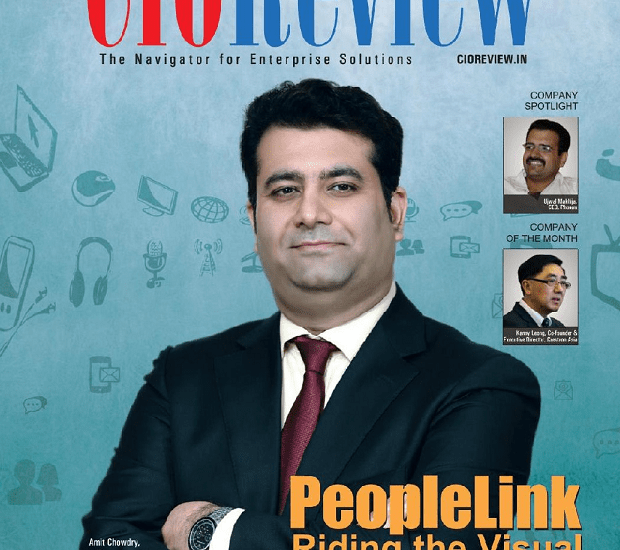How can Tele-Law driven legal assistance benefit the rural population?
- September 30, 2021
- Posted by: PeopleLink
- Category: Blogs

Judiciary and legal services in India have always been confounded for their slow-pace. Indian courts have a record number of pending cases; under-trials have outnumbered the convicts in Indian jails. The rural scenario is even worst. People in Indian villages are completely unaware about their fundamental rights and legal responsibilities. This ignorance often land them into loopholes, stifling them exceedingly due to the lack of legal assistance. According to Section 12 of the Legal Services Authorities Act, free legal aid has been made mandatory for the marginalized population, women, children, people with disabilities, under-trials, convicts, victims of human trafficking, forced labours and disaster, etc (nalsa.gov.in).
Government’s Telelaw initiative – Nyaya Mitra
Government of India, have recently taken initiatives to provide free legal aid to the rural mass. The Nyaya Mitra is a Telelaw based scheme that offers Pro Bono legal service to the rural population. This scheme is aimed to reduce the pendency of cases. The focus will mostly be rested on cases pending for 10 years or more
The Nyaya Mitra Scheme also have an objective to encourage lawyers and legal professionals offer Pro Bono (free) legal services. The services they provide shall be marked as an yardstick for their future appointments to higher and more appropriate positions.
How shall the scheme works?
Under this unique Tele-law scheme, the villagers can now virtually connect with the lawyers or legal professionals from Common Service Centers (CSC) through video conferencing and seek free legal assistance. Some villagers, especially women shall be trained to act as Para-legal Volunteers (PLV) who will become the first point of contact for the villagers seeking legal assistance on various litigation, thus encouraging women empowerment in its turn.
The litigants get connected with a panel of lawyers from the state capital allotted by the National Legal Services Authority (NALSA) and get required guidance and help to sort out the disputes. The CSC may also be connected to Law Schools, District Legal Service Authorities, Voluntary Legal Service Providers or NGOs providing legal aids. The PLV available at the CSC for around 10 days in a month, will be bestowed with the responsibility of keeping the track of the application progress, grievance of the applicants and maintaining a weekly record with the District Legal Service Authority.
The Nyaya Mitra will be piloted at the Panchayat level in the States of Uttar Pradesh and Bihar initially before being rolled-out across the nation. 500 CSC and 1000 PLV shall be made available for covering up the initial phases. (Indianexpress.com)
Benefits of Tele-Law for the rural population
A comprehensive knowledge and understanding of laws and rights
The rural populace are ignorant about their legal duties and responsibilities which often land them into tough discords. Availability of Tele-law shall commute legal advises and assistance beyond the city jurisdiction and reach rural households making the village dwellers know and act upon proper statutory measures.
Faster solution for pending litigation
Tele-law can contribute to faster resolutions of pending lawsuits and speed up justice. Rural population are mostly reluctant in seeking legal help, mainly due to the long waiting time involved in the process. With virtual legal help, it is possible to curtail the time and simultaneously reduce the expense. Thus, motivating the rural mass put their trust on the existing legal system.
More disputes surfacing for legal assistance
The tele-law provides virtual assistance guided by the Para-legal Volunteers as a first contact for the applicant pursuing justice. This is quite convincing; and is expected to drive the villagers towards the right channel where they can get effective legal help. Since, most PLV are supposably women, more cases or domestic violence or crimes against women are expected to surface. The victims, mostly women in these cases will find a comfortable medium to communicate their problems through these female PLVs.
PeopleLink’s contribution towards Tele-Law deployment
PeopleLink has been contributing towards the overall deployment of Tele-law through its futuristic video conferencing solutions for judiciary. One of PeopleLink’s virtual collaborative solutions designed for Judicial and Government sector is the vMulakat, which allows virtual visitations and can assist in providing legal help, conduct virtual trails, organize virtual meetings of the inmates with their family, providing Telemedical help to the inmates, registering and redressal of grievance and many more. This innovative platform was employed by JAP-IT (Jharkhand Agency of Promotion of Information Technology) to e-connect the prisons with the Common Service Centers (CSC) to virtually associate the inmates with their families.
In another event, Jharkhand State Legal Services Authority (JHALSA) had established legal literacy clubs in 500 tribal schools around the state in December 2016. PeopleLink has actively participated in setting up a virtual collaborative platform for connecting all the 500 schools on the occasion of the inaugural event of the literacy club. JHALSA, has recently placed their nomination for “Limca Book of Records” for this phenomenal endeavor.

